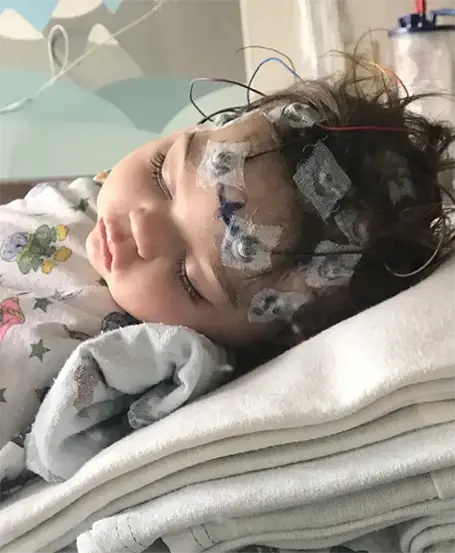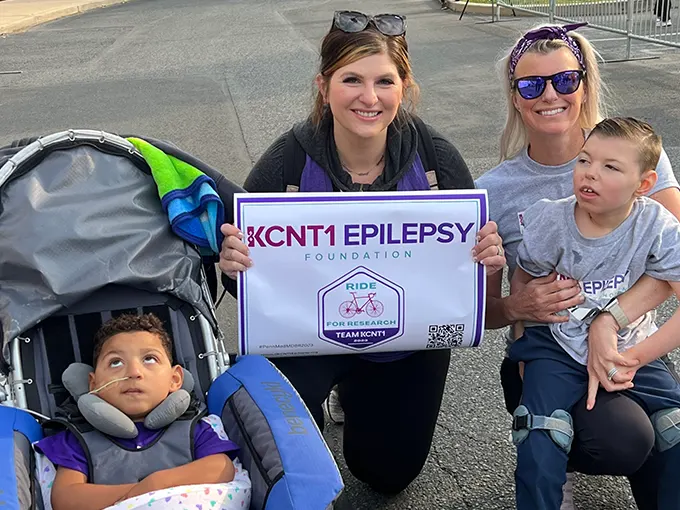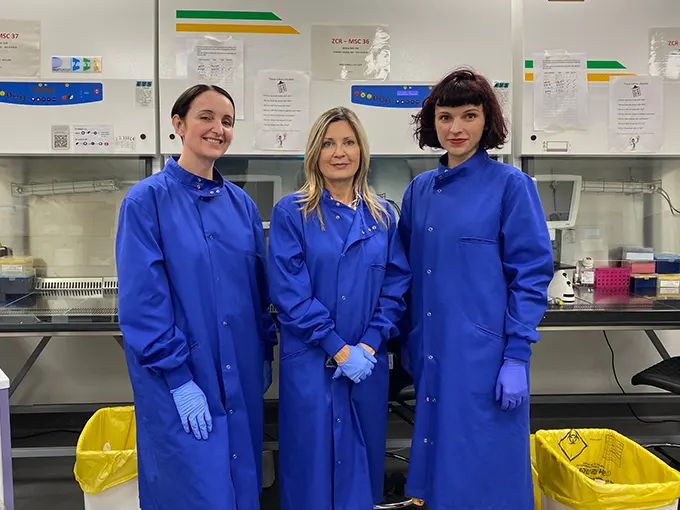Find Your Path. Make an Impact.

Parents & Caregivers
Get support, tools, and real answers. Join a global network of families like yours and find guidance for daily care and long-term hope.

Clinicians & Researchers
Collaborate on translational research, access family insights, and accelerate clinical readiness with our expanding data and partnerships.

Donors & Philanthropists
Every gift fuels progress. Help fund studies, provide family resources, and bring life-changing therapies closer to reality.
Treatment Progress Is Happening Now
We’re building the infrastructure for the first-ever targeted therapies for KCNT1. From natural history studies to strategic biotech partnerships—every milestone brings us closer to clinical trials that matter.
Key Milestones List:
- Natural history study enrolling globally
- Biotech partnerships formed in 2024
- Trial design informed by family voice


Stories from the Community
KCNT1 is rare—but you’re not alone. Hear how other families, clinicians, and researchers are creating change together.
Together, We Can Change What’s Possible.
Together, We Can Change What’s Possible.
We support families, researchers, and partners working toward a better future for those affected by KCNT1-related epilepsy.

Families and Caregivers
Find information, emotional support, and tools for managing daily care. We provide access to expert guidance, research updates, and connections with other families worldwide.

Researchers
Partner with us to advance KCNT1 science. Access patient insights, collaborate on clinical studies, and connect with an engaged community.

Industry Partners
Work with us to accelerate clinical trial design, access our growing patient registry, and develop solutions with true patient-centered input.




